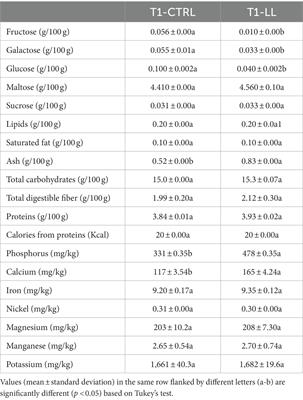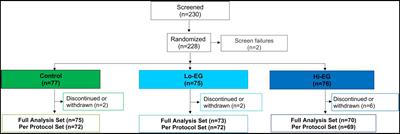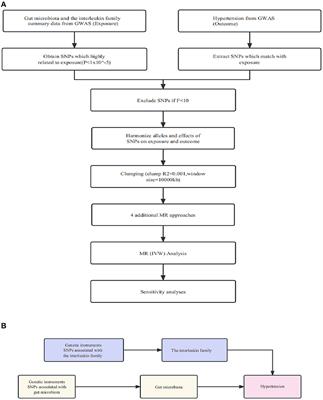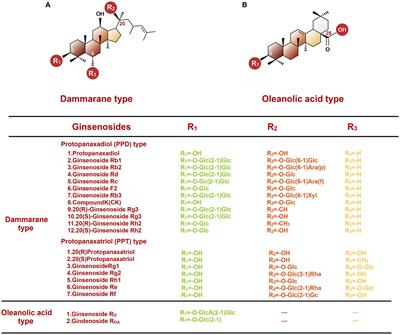ORIGINAL RESEARCH
Published on 24 Jan 2024
Enhancing nutritional and sensory properties of plant-based beverages: a study on chickpea and Kamut® flours fermentation using Lactococcus lactis

doi 10.3389/fnut.2024.1269154
- 3,398 views
- 5 citations
3,533
Total downloads
20k
Total views and downloads
ORIGINAL RESEARCH
Published on 24 Jan 2024

ORIGINAL RESEARCH
Published on 14 Dec 2023

ORIGINAL RESEARCH
Published on 28 Nov 2023

REVIEW
Published on 17 Nov 2023
